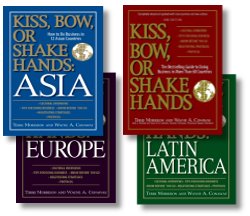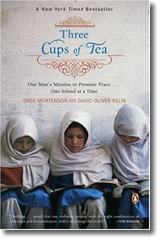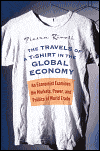Kiss, Bow, Or Shake Hands: Now a Database!
Wednesday, October 15th, 2008
Ford Library presents a new database based on the widely popular series Kiss, Bow or Shake Hands: The Bestselling Guide to Doing Business in More Than Sixty Countries.
This new database also includes Dun & Bradstreet’s Guide to Doing Business Around the World and articles written for publications like Industry Week and American Way Magazine, as well as the 2008 World Holiday and Time Zone Guide for over 100 countries.
Connect to Kiss, Bow or Shake Hands
E-books on Culture, Business Etiquette, and Global Business Practices: (These e-books are available through the Duke online catalog via NetLibrary.)
- Managing Complexity in Global Organizations (IMD Executive Development Series): Drawing together insights from across the expert faculty, Managing Complexity in the Global Organization presents IMD’s framework on how to understand complexity and its four key drivers (diversity; interdependence; ambiguity and flux), along with solutions on specific issues in a variety of functions, industries and markets. The focus is on providing practical solutions based on real-life examples.

